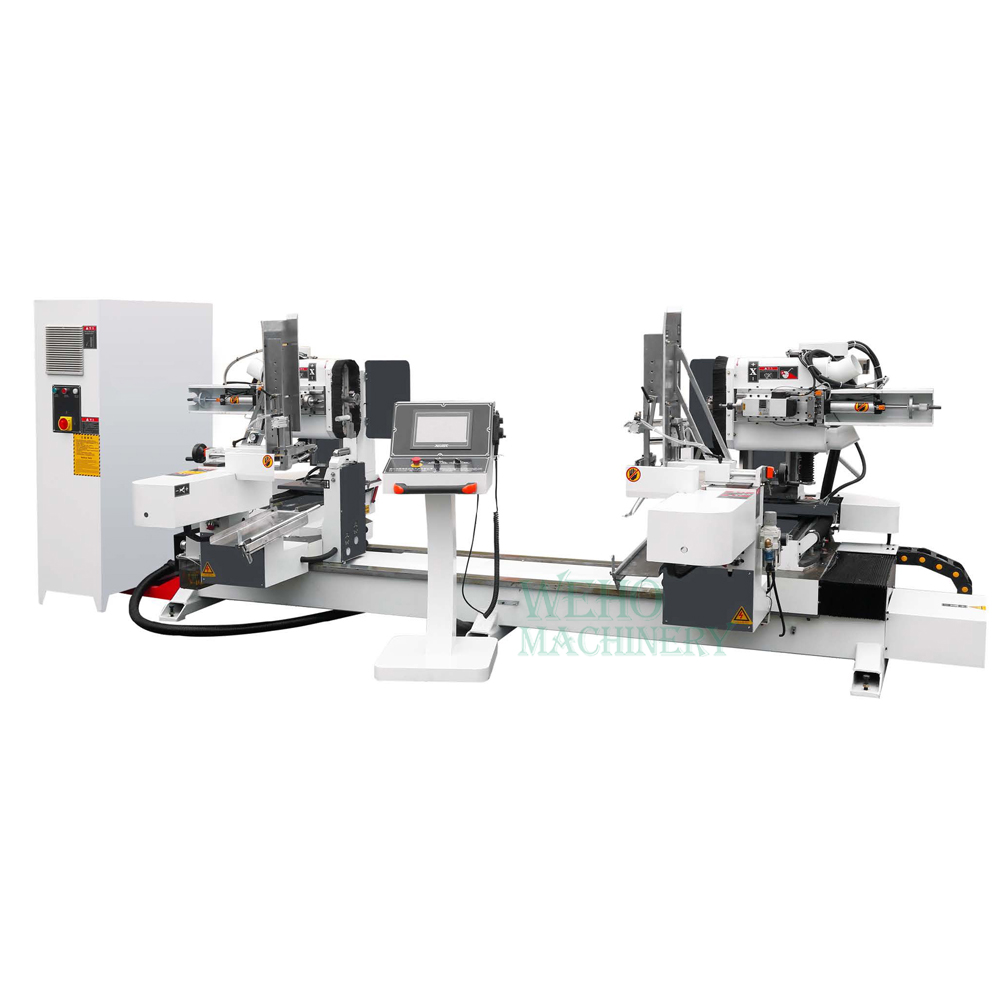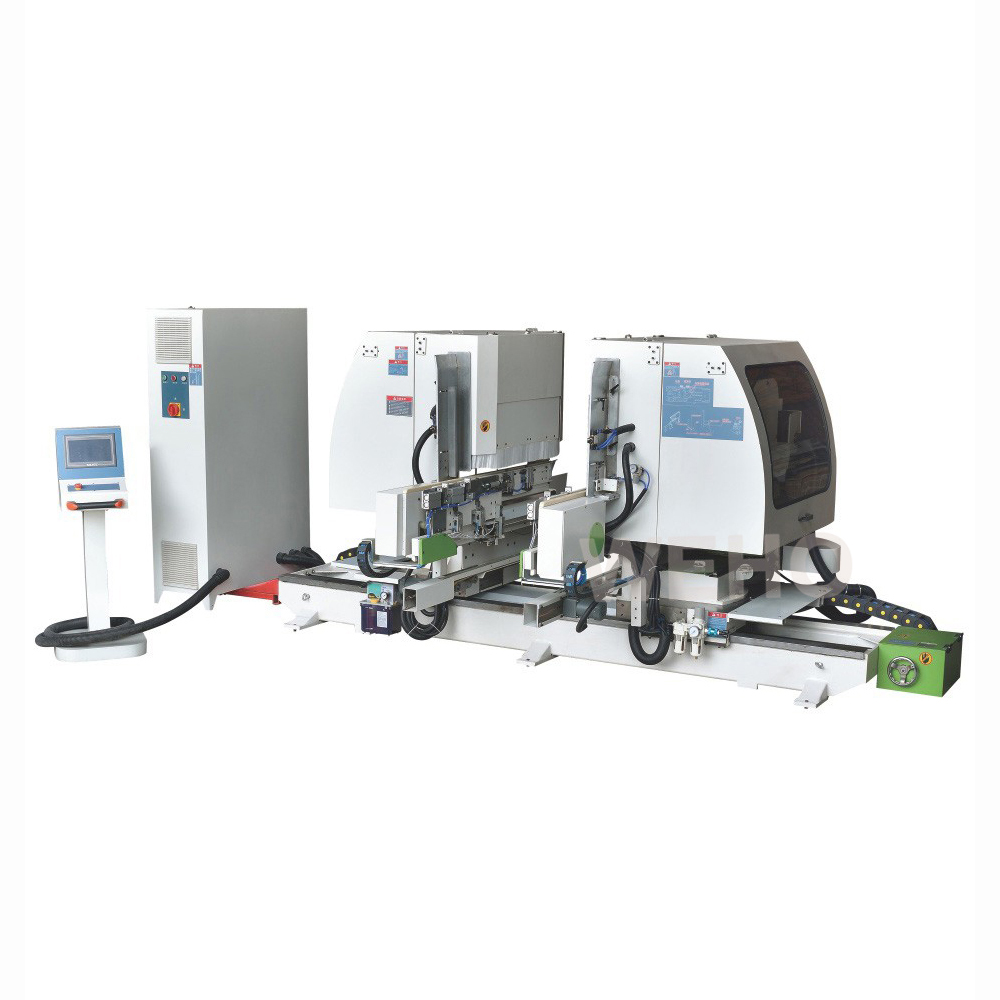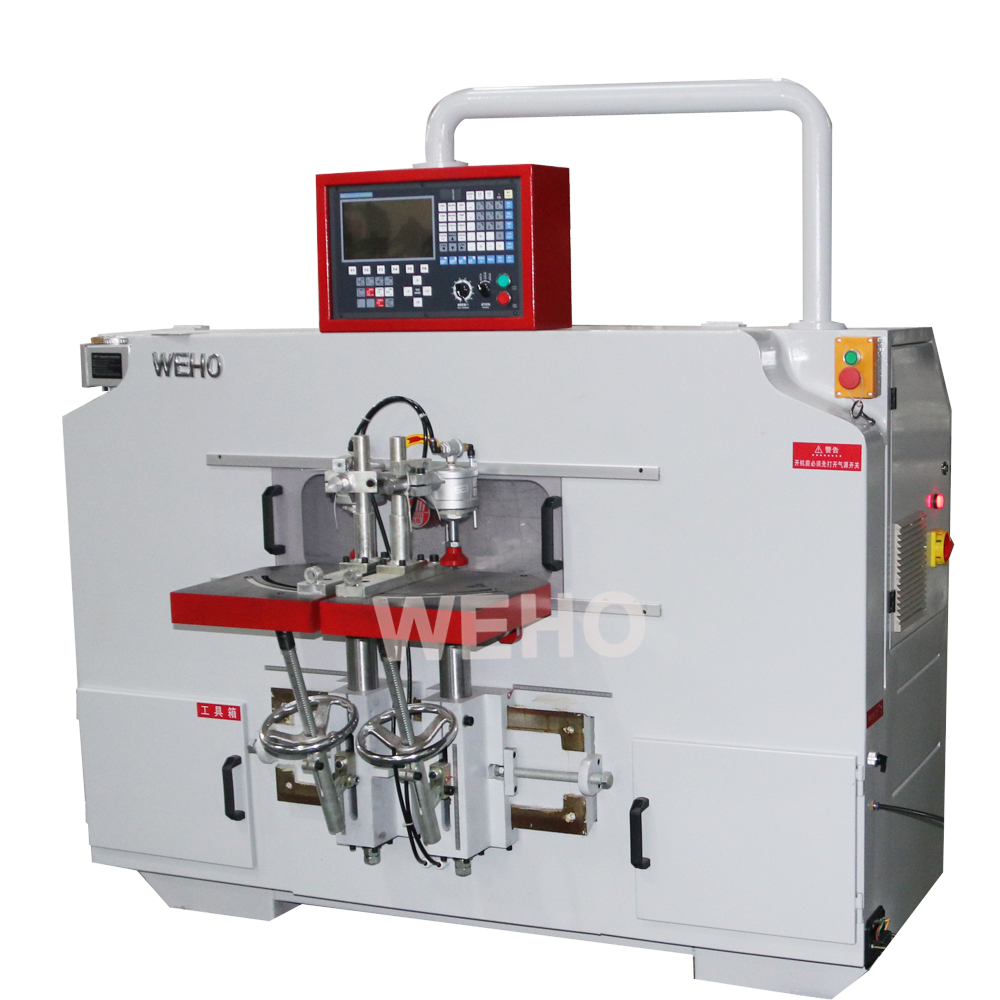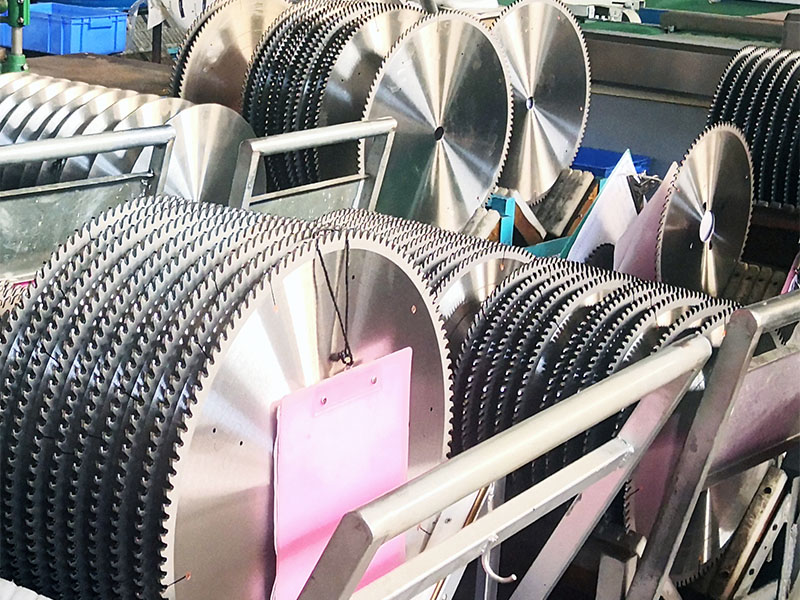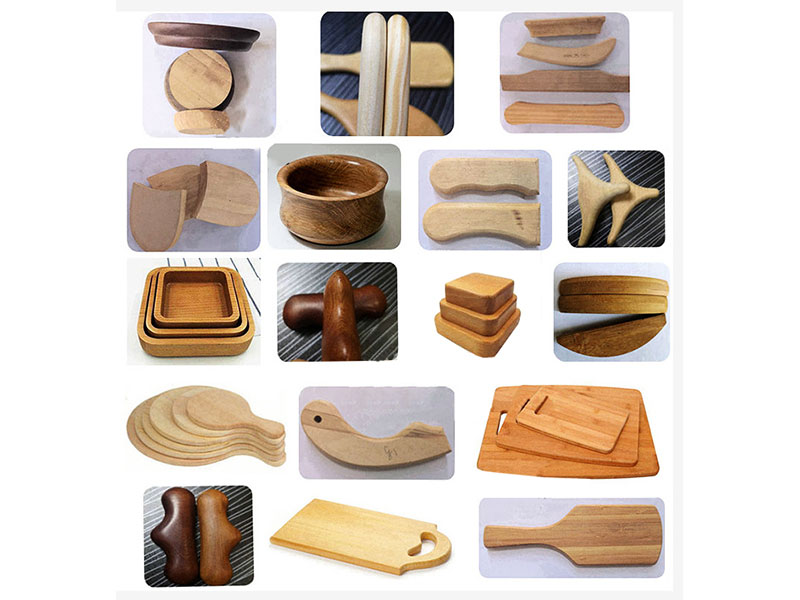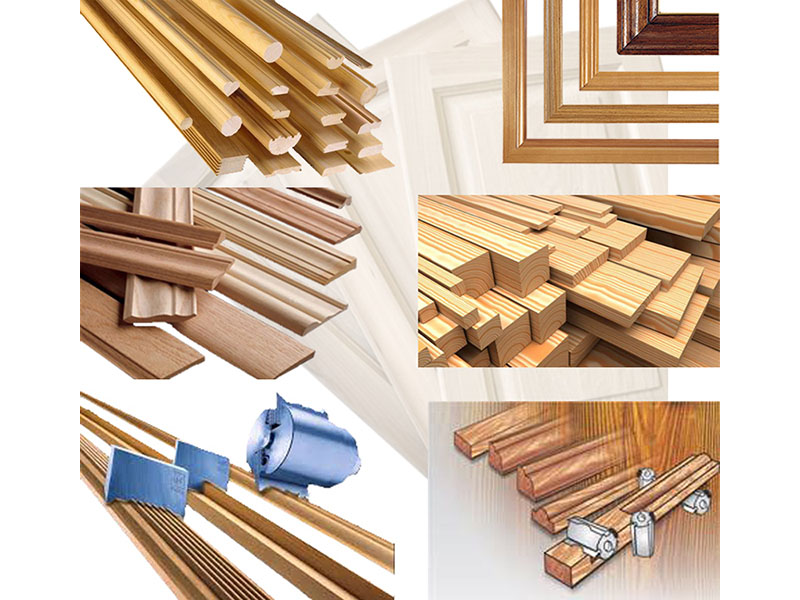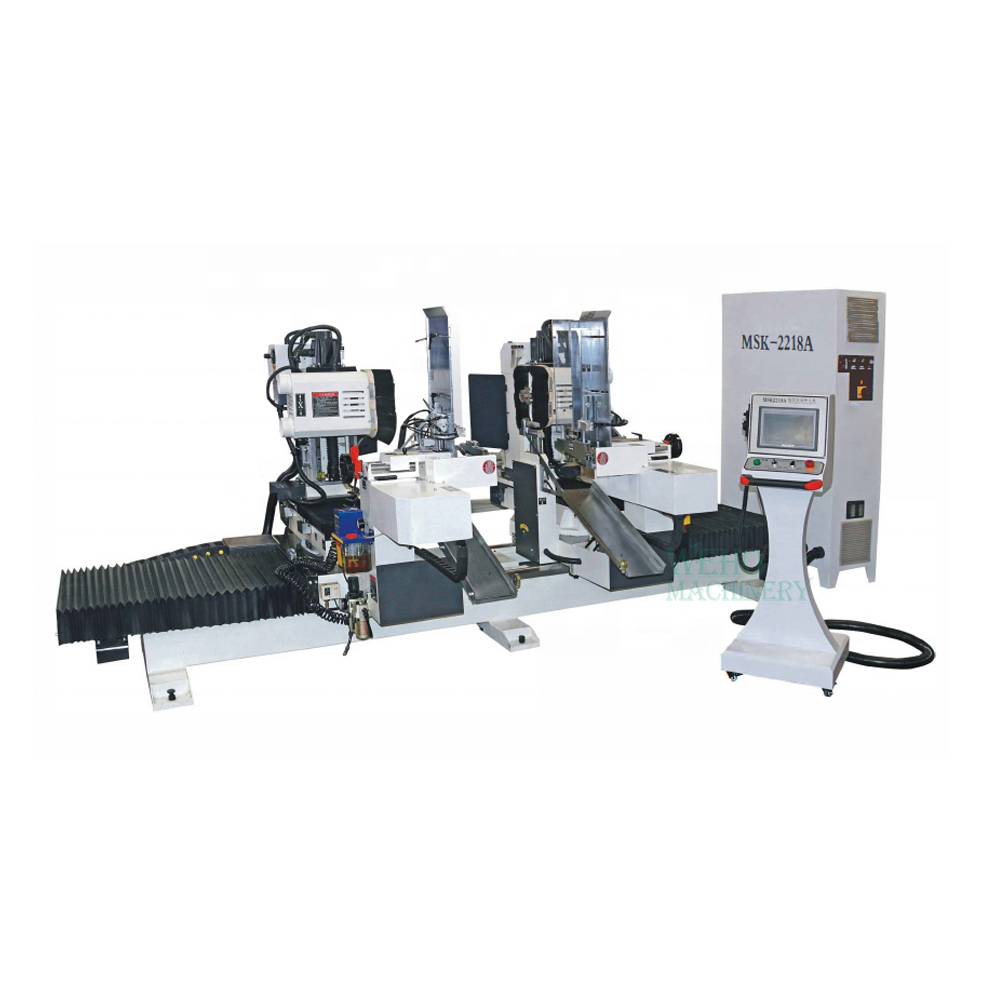
What Are The Benefits Of Using A CNC Tenoner?
CNC (Computer Numerical Control) tenoners have revolutionized the woodworking industry by offering unparalleled precision, efficiency, and versatility. These modern machines automate the process of cutting and shaping tenons, which are critical components in woodworking joints. In this article, we will explore the numerous benefits of using CNC tenoners and how they contribute to the success of woodworking operations.
Enhanced Precision and Accuracy
One of the most significant advantages of CNC tenoners is their ability to deliver exceptional precision and accuracy in woodworking tasks.With computer-controlled cutting and shaping processes, these machines can produce tenons with tight tolerances and consistent dimensions. This precision ensures uniformity across multiple pieces, eliminating errors and discrepancies commonly associated with manual woodworking methods. As a result, the quality of finished products is significantly higher, meeting the stringent standards of modern woodworking projects.
Increased Efficiency and Productivity
CNC tenoners automate repetitive tasks and streamline production processes, leading to substantial gains in efficiency and productivity. These machines can perform multiple operations, such as cutting, shaping, and profiling, in a single setup. This decreases downtime while increasing throughput, allowing woodworking enterprises to meet tight deadlines and execute huge orders. CNC tenoners contribute to increased output and shorter production times by reducing the need for manual intervention and optimizing workflow.
Versatility in Woodworking Applications
CNC tenoners offer remarkable versatility in handling a wide range of woodworking applications and materials. Whether crafting furniture, cabinetry, doors, or windows, these machines can accommodate various wood types, sizes, and shapes with ease. With customizable tooling options and programming capabilities, CNC tenoners empower woodworkers to create intricate designs and achieve desired aesthetics. This versatility expands the scope of woodworking projects, allowing for greater creativity and innovation.
Reduction in Material Waste
Efficient material utilization is crucial in woodworking to minimize waste and maximize yield. CNC tenoners optimize cutting paths and nesting layouts to minimize scrap and optimize material usage. These devices reduce material waste and manufacturing costs by precisely cutting tenons with a small kerf and optimizing part positioning. This sustainable approach benefits the bottom line and reduces the environmental impact of woodworking operations.
Improved Safety and Ergonomics
CNC tenoners incorporate advanced safety features and ergonomic design elements to ensure a safe and comfortable working environment for operators. With automated cutting and tool-changing processes, these machines minimize the risk of accidents and injuries associated with manual woodworking equipment. Additionally, ergonomic controls and intuitive interfaces enhance operator comfort and efficiency, reducing fatigue and improving overall productivity.
Streamlined Design and Production Workflow
Integration with CAD/CAM (Computer-Aided Design/Computer-Aided Manufacturing) software enables seamless communication between design and production processes.Woodworkers can create, edit, and visualize designs digitally before executing them on CNC tenoners. This optimized procedure eliminates errors, reduces setup time, and speeds up production cycles. As a result, woodworking companies may adjust swiftly to consumer needs and market trends, increasing their competitiveness.
Near-Perfect Repeatability
One of the standout features of CNC tenoners is their ability to deliver near-perfect repeatability. Once a design is programmed into the machine, it can consistently reproduce the same tenon with high accuracy across multiple iterations. This repeatability is critical for maintaining quality assurance and ensuring that all goods adhere to the same high standards. It also eliminates the possibility of human error, which can result in costly blunders and rework.
Greater Production Capacity
For woodworking units that need to mass-produce items, CNC tenoners offer immeasurable advantages. These machines inject efficiency into the production process, reducing the time to market while offering infinite scalability to meet peak demands. Additionally, CNC tenoners take up relatively little floor space and can operate non-stop, with routine maintenance being the only interruptions. This capability significantly boosts production capacity and allows businesses to meet large orders without compromising quality.
Cost-Effectiveness
While the initial investment in CNC tenoners and related software may seem substantial, the long-term benefits can easily offset these costs. The increased efficiency, reduced material waste, and higher quality output contribute to lower production costs and higher profitability. Furthermore, the capacity to automate complex and repetitive operations decreases labor costs and allows experienced personnel to focus on more creative and value-added activities.
Conclusion
In conclusion, CNC tenoners offer a myriad of benefits that elevate woodworking operations to new heights of efficiency, precision, and productivity.If you are looking for high-quality CNC tenoners, look no further than WEHO! We are devoted to offering a wide range of woodworking machines including CNC tenoners. Please feel free to contact us for more product details!


